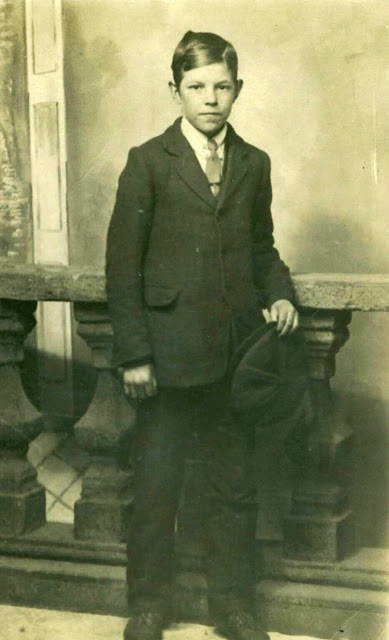How cool would it be to be able to meet up with a distant relation who lives close to you?
I added a gedcom to WikiTree in 2011 and at that time there were not many profiles (individuals) there who lived in England.
However, over the years more people have joined and added family.
One ancestor I added was John Gingell who was the end of the line for this branch of my tree.
Because I was interested in finding cousins I added siblings for his daughter Sarah who is my 2xgt grandmother. I even had the family of her brother John.
When Lizzie joined she made contact with me and pointed out that I had missed her ancestor Kate from the family of Sarah's brother.
We gradually got to know one another realising that we had a cousin connection.
We are both active members of the England Project on WikiTree and decided that we needed to meet.
Our common ancestor lived in a village on the outskirts of Bristol in the South West of England.
I now live in North Wales and Lizzie lives in North West England so we are relatively close to each other if not close to the home of our ancestor.
We decided to meet up at Gladstone's Library in Hawarden which is about midway between us.
The restaurant there does a lovely afternoon tea which we thoroughly enjoyed. I would share a photo but we both forgot to take one.
We have met up again since then in Birmingham at The Genealogy Show last June. Here we are with some of our other WikiTree friends.







